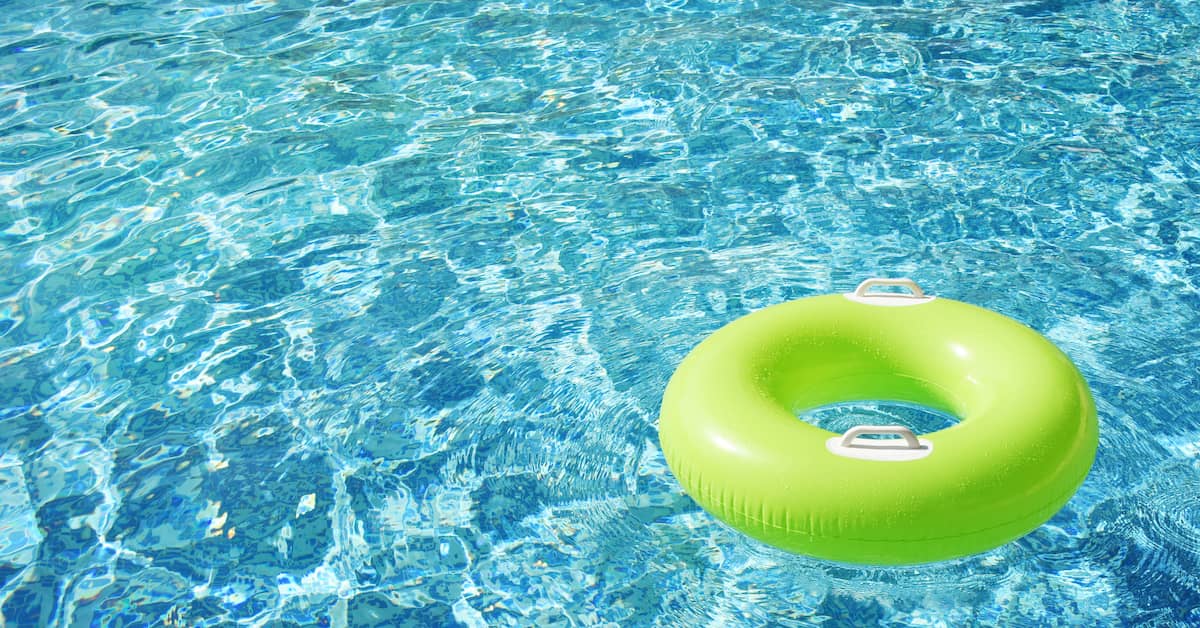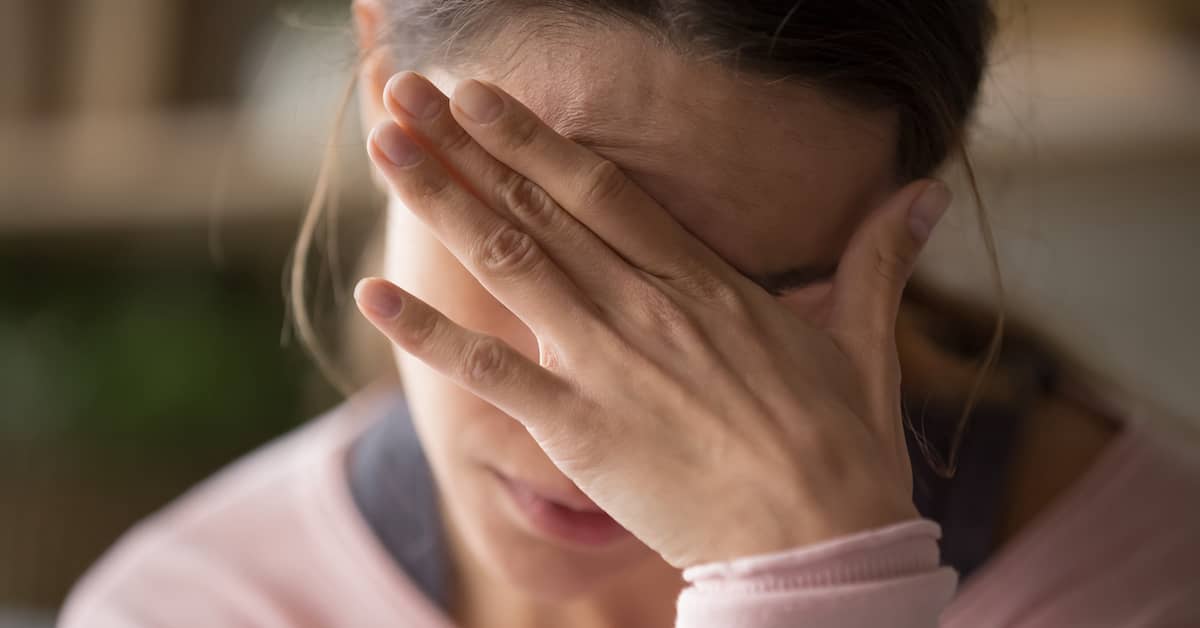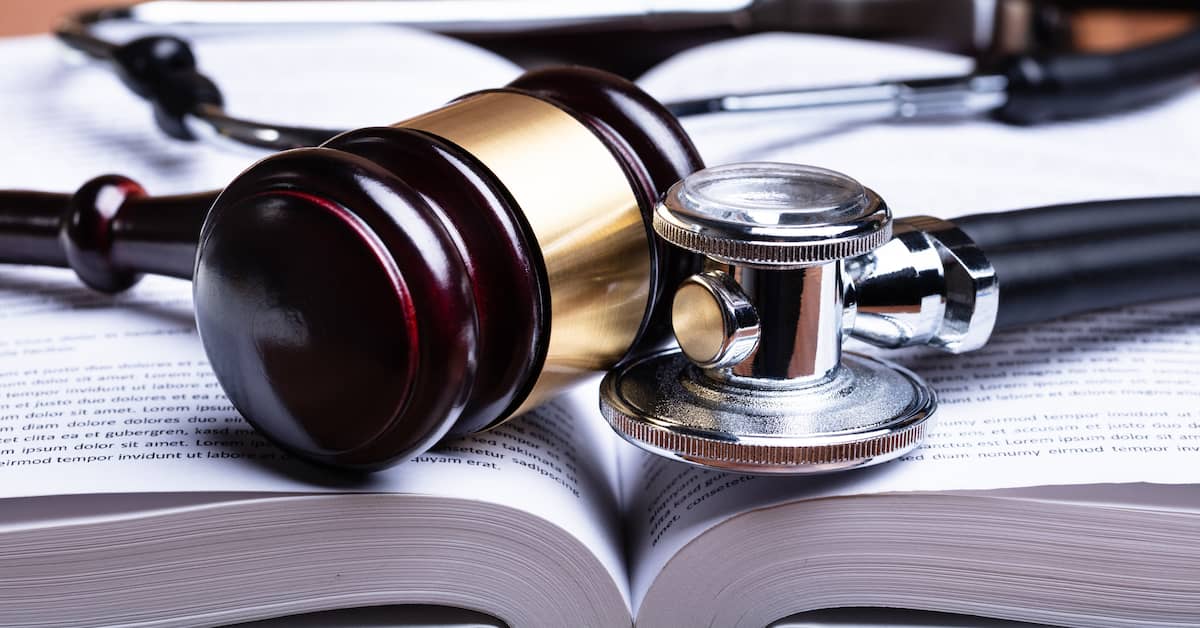Who Is Liable in a Drowning or Near-Drowning?
To establish who is liable in a drowning or near-drowning, it’s essential to consider the circumstances surrounding the event and the legal principles in play. Drowning or near-drowning accidents can shatter the lives of victims and their families, leaving a trail of despair and a thirst for justice.
In the aftermath of such incidents, families often grapple with immense emotional pain and are left with many unanswered questions. Chief among these concerns is the question of liability: Who is responsible for this tragedy?
Understanding who is liable in a drowning or near-drowning is crucial for seeking rightful compensation and bringing responsible parties to account. The premises liability lawyers at Colling Gilbert Wright understand the intricate aspects of determining liability in such cases.
Call (407) 712-7300 today for a FREE case evaluation. We are proud to serve our neighbors in Orlando and throughout Florida.
Understanding Premises Liability
Drowning accidents claim numerous lives annually. FL Health Charts reported 486 tragic deaths from unintentional drowning in 2021. Of those who survive near-drownings, some are left with debilitating injuries and emotional scars.
These incidents can occur in various settings – private swimming pools, public pools, water parks, lakes, and other bodies of water. Determining who is liable in a drowning or near-drowning accident hinges on various factors, including the location of the accident and the circumstances leading up to it.
The concept of premises liability is at the heart of many drowning or near-drowning incidents. Property owners or managers have a legal obligation to ensure their property is reasonably safe for guests. If a hazard exists, they must promptly provide adequate warnings or rectify the situation. This responsibility extends to swimming pools, hot tubs, ponds, and any other body of water on the premises.
When an owner or manager fails to uphold this responsibility, and it directly leads to an injury or fatality, they could be held liable in a drowning accident.
Pools & Residential Property
In instances involving private pools in Florida, homeowners may be held liable if they fail to comply with the Residential Swimming Pool Safety Act. This act mandates adequate fencing, gates, and warning signs to prevent unauthorized access to the pool, especially by children.
Per the statute, homeowners with pools have a heightened responsibility. They must ensure the pool is safely maintained and potential risks, like a faulty gate or broken fencing, are addressed. If a child drowns or experiences a near-drowning in a residential pool due to a lack of appropriate barriers or other hazards, the homeowner may be found liable.
Commercial & Public Properties
Florida Statutes Chapter 514 addresses Public Swimming and Bathing Facilities. These can include, but are not limited to:
- Hotels
- Resorts
- Public pools
- Recreational facilities
- Daycare centers
- Health spas
- School pools
- Apartments
- Townhomes
These and similar establishments bear an even higher responsibility to ensure the safety of visitors. Ensuring proper supervision, thorough maintenance, and immediate access to life-saving equipment is imperative and non-negotiable. Clear signage indicating the depth of the pool, the presence or absence of a lifeguard, and distinct demarcations for swimming and non-swimming areas are additional essential requirements.
When these establishments neglect these safety measures, and someone drowns or nearly drowns, the facility operators or owners may be liable. Establishing liability can be difficult in these situations. However, an experienced attorney will be able to help.
The Role of Negligence
Negligence plays a significant role in determining liability in drowning incidents. If the accident is due to a lack of supervision, poor maintenance, inadequate safety measures, or any form of oversight or negligence, the property owners or operators can be held responsible. Victims or their families should consult a premises liability lawyer to explore their legal options.
Contributory Negligence
It’s also important to consider the role of the victim. In some cases, a victim’s actions might have contributed to the incident, such as if they disregarded clear warning signs or ventured into restricted areas. This concept, known as contributory negligence, can influence a liability determination.
Due to the modified comparative negligence laws in Florida (§ 768.81), this does not absolve property owners of their responsibilities. If the victim is 50% or less responsible for the accident, compensation may still be awarded for their losses. However, the total damages awarded will be adjusted by the percentage of their liability.
Natural Bodies of Water
What about incidents that occur in natural water bodies like lakes, rivers, and oceans? These cases can be more complex. While nature’s unpredictability plays a significant role, there could be situations where negligence is evident.
For instance, if a particular area of a lake or river is known to have strong undercurrents or is a known habitat for dangerous wildlife and there is no adequate signage warning visitors of these dangers, it could be considered negligence on the part of the responsible entity, whether that is a local government or private property owner.
Boating Accidents
Liability in drowning incidents during boating activities often involves a different set of considerations. Boat operators and owners must adhere to stringent safety standards and guidelines. Non-compliance or negligence, leading to accidents, can make them liable for the resulting damages and losses.
Role of a Premises Liability Lawyer
Establishing liability in drowning or near-drowning cases requires a meticulous examination of facts, evidence gathering, and a thorough understanding of premises liability laws. This is where the experience of a premises liability lawyer becomes indispensable.
Case Evaluation
An experienced lawyer can swiftly evaluate the merits of your case, gauging its strengths and potential challenges.
Evidence Gathering
Proper documentation, eyewitness accounts, surveillance footage, and expert testimonies can significantly bolster a claim. A dedicated attorney knows what evidence is needed and how to procure it.
Negotiating with Insurance Companies
Insurance adjusters often employ tactics to minimize payout amounts. Having a lawyer ensures you have a seasoned negotiator advocating for your best interests.
Litigation
If an amicable settlement isn’t feasible, the next step could be litigation. A skilled premises liability lawyer can adeptly navigate the courtroom, striving for justice on your behalf.
An Attorney Can Help Establish Who Is Liable in a Drowning
The aftermath of a drowning or near-drowning is an incredibly challenging period for victims and their families. While no amount of compensation can truly make amends for the physical and emotional trauma experienced, holding the responsible parties accountable can offer some solace and aid in the healing process.
In order to pursue justice, it is vital to determine who is liable in a drowning accident. Engaging a premises liability lawyer can significantly enhance your chances of obtaining the compensation you deserve, ensuring that those responsible are held accountable for their actions.
Our dedicated team at Colling Gilbert Wright understands the intricacies of premises liability claims and is committed to fighting for the rights of victims. Contact us today for a FREE case evaluation. Let us be your guide and advocate. Together, we’ll take the path to justice and recovery.

 (407) 712-7300
(407) 712-7300
































